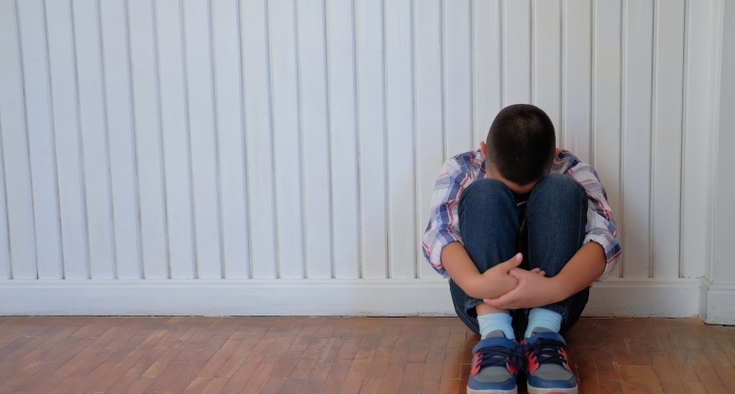Whether your child is a kindergartener or returning student, the first day of school can be both stressful and exciting. Fortunately, there are ways to battle the butterflies and make an easier transition from summertime to schooltime.
Dr. Jennifer Squires of Novant Health Walker Pediatrics in Charlotte, North Carolina, offers a few simple tips to ease the transition from summer to school.
Find the care your child deserves.
Tip No. 1: Meet new teachers and classmates ahead of time.
Most schools hold an open house for new students a few days before the start of school. This is a great time to introduce children to their school, teachers and classmates. It’s also an ideal time to speak with your child’s new teacher and school nurse about any medical conditions your child has.

“Don’t be hesitant about meeting with your child’s teacher, school nurse and principal about any medical conditions your child may be managing,” Squires said. “They may have some familiarity about certain conditions but every child reacts differently. Educate them about how your child responds during a medical crisis, such as a reaction to a bee sting or asthma attack. Remember, you are your child’s biggest advocate so don’t be afraid to overly prepare those who will care for your child during the school year.”
Tip No. 2: Establish new routines weeks in advance.
Begin to adjust your children’s bedtime and morning routines to match their school schedule. You may also consider having lunch at regularly scheduled times and setting aside time in the evening to do homework-style activities. Starting your child’s school routine a few weeks ahead of time will help to ensure they are well adapted to begin the first day of school with a bang.
“It’s common for children to go to bed later during the summer,” Squires said. “However, in order to be successful in school, it’s important that they have a solid, consistent bedtime routine, which means getting 10 to 11 hours of uninterrupted sleep. To prepare your child for an earlier bedtime, slowly move up his or her bedtime by 15-minute increments every few nights.”
Tip No. 3: Schedule routine medical exams.
Send your child off to school with a clean bill of health from his or her pediatrician. Schedule an annual medical exam and speak with the pediatrician about any concerns you have about your child’s physical, emotional or psychological development. Your child’s doctor will also make sure your child has all the required immunizations to start school. The state of North Carolina requires that all children receive certain immunizations within the first 30 days of entering school so be sure to plan ahead.
“Most children receive the immunizations needed for kindergarten during their 4-year-old annual checkup,” Squires said. “A routine medical exam prior to starting kindergarten can confirm their immunization and check their physical and mental development.”
Tip No. 4: Ease your child’s worries.
Squires said that while you won’t be able to necessarily eliminate all feelings of anxiety associated with the first day of school, there are some things you can do to reduce your child’s worries and discomforts.
For starters, show your optimism and confidence about the beginning of school so your child can model your behavior.
Also, don’t linger in your child’s classroom during the first few weeks. Your lingering could only make the transition more difficult for your child to settle in fully. It’s natural for young children to experience separation anxiety or shyness. Teachers are trained to help them adjust.










